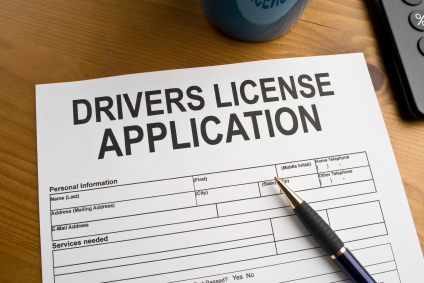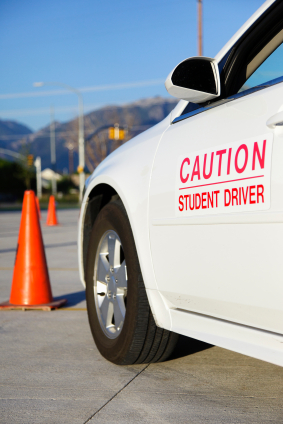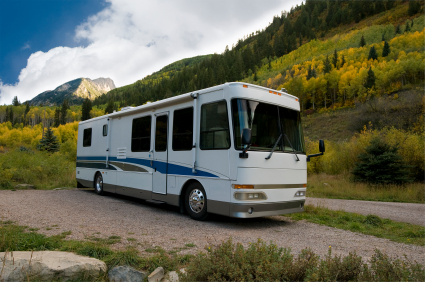What Makes Auto Insurance Go Up
The drivers and vehicles listed on your policy, new driving statistics, and other things will affect your auto insurance rates.
People already don’t like paying their insurance premium so when something happens to make that premium increase it makes it all that much worse. There are many different things that you can do to try and keep your premiums down as low as possible, but let’s take a look at some of the things of what makes auto insurance go up in the first place.
Drivers Make Your Auto Insurance Go Up
The drivers on your policy and their driving records play a big part in the premiums that you pay for your insurance. Any negative changes such as an at-fault accident or traffic violations added to these records can make your auto insurance go up. Once a driver reaches a certain age (sometimes even over 50), they are considered an increased driving risk and will cause an increase in insurance premiums.
Drivers being added to your policy can also increase your premium. Added drivers mean addition time that your vehicles will be on the road exposed to a potential accident, it also means that you will most likely be adding a new car for that new driver, which also will increase your premiums.
But, the steepest increase that you will see in your insurance premium is when you add a new teen driver. These drivers are inexperienced and are still learning how to be a responsible adult behind the wheel. They are also the driving group that has the highest number of accidents per year and insurance companies charge high premiums for them to try and collect as much money as possible to cover the accident that they will most likely have.
Vehicles Make Your Auto Insurance Go Up
Adding a new vehicle to your policy will increase your premiums if one of two factors exists. One, you are adding a vehicle to your life instead of replacing an old one. Even with a multi-car discount the premium will still increase due to the additional risk that has been added to your insurance policy.
Two, the new vehicle that you now have is newer and/or more expensive than the one you are trading in for it. New and more expensive vehicles generally cost more to fix and the insurance company wants to make sure that the premium that they collect is appropriate compared to the cost of repair in the case of an accident.
Statistics Make Your Auto Insurance Go Up
Insurance companies are all about the statistics. Which driving group is statistically more likely to have an accident? What vehicle statistically causes more damage when in an accident? So when new statistics come out that a driving group or a vehicle was a higher risk than first thought, insurance companies adjust rates. What this means to you is that if you are one of those drivers or own one of those vehicles, you will see an increase in your premium at your next renewal.





